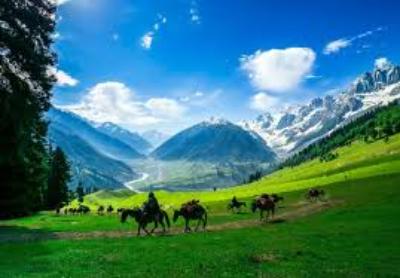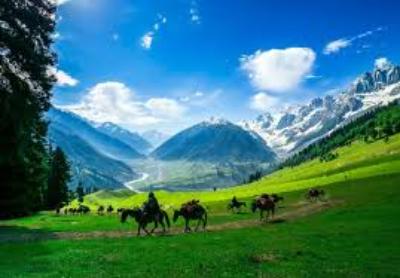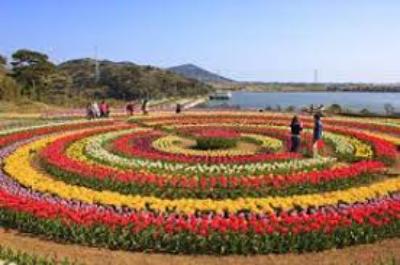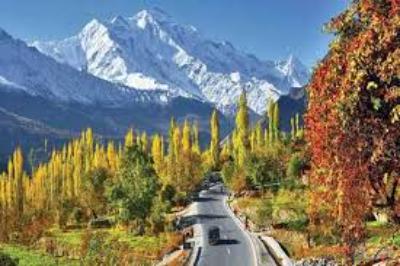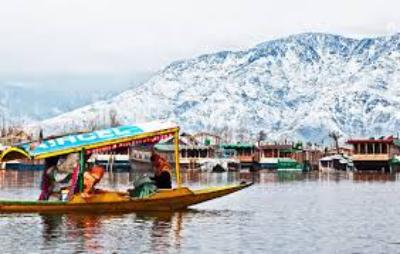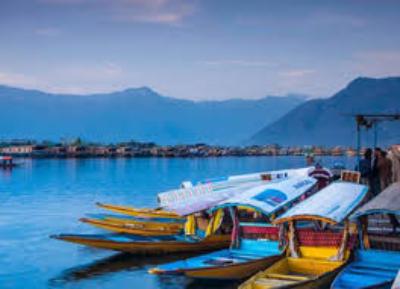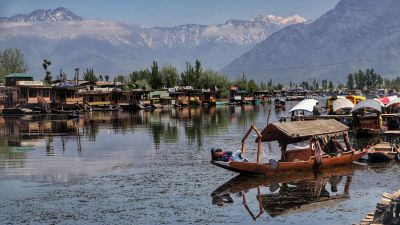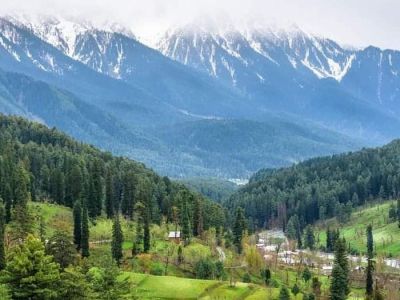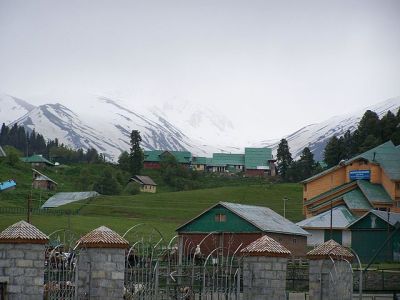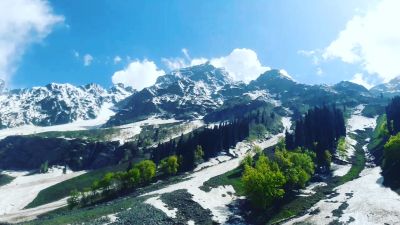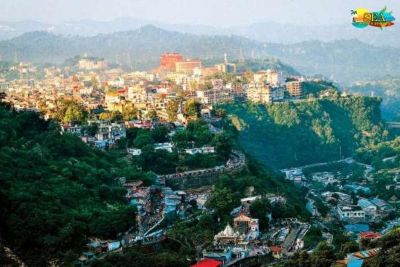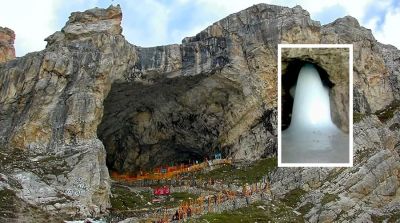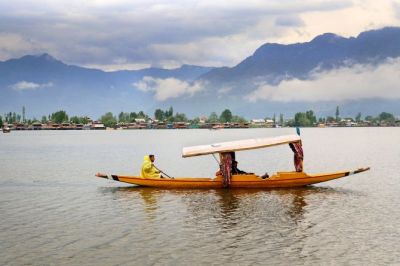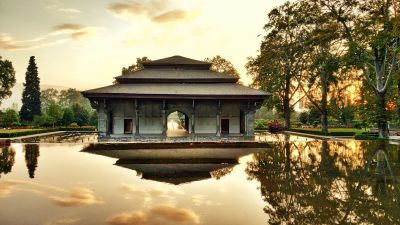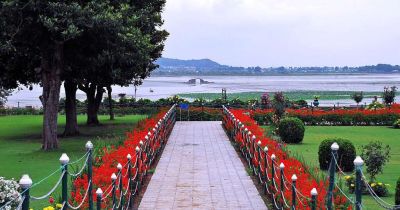Explore the Twin Peaks: Nun and Kun in Kashmir
Explore the Twin Peaks: Nun and Kun in Kashmir
Kashmir, often referred to as "Paradise on Earth," is renowned for its stunning landscapes and mesmerizing beauty. Among the many treasures that Kashmir has to offer are the magnificent Twin Peaks of Nun and Kun. Located in the stunning and remote Suru Valley, these peaks are a treat for adventure enthusiasts and nature lovers alike.
The Suru Valley
The Suru Valley is located in the Ladakh region of Jammu and Kashmir and offers breathtaking views of the snow-capped peaks, lush meadows, and gushing rivers. It is surrounded by the mighty Himalayas and is an incredible destination for sightseeing and exploring natural beauty.
The Suru River, originating from the massive glaciers of the Himalayas, flows through the valley, adding to its charm. The valley is dotted with picturesque villages, ancient monasteries, and sprawling meadows, making it a haven for photographers, trekkers, and adventure seekers.
Nun and Kun: The Twin Peaks
The Twin Peaks of Nun and Kun are the two highest peaks in the Suru Valley, standing tall at an impressive height of over 7,000 meters. Nun, at 7,135 meters, and Kun, at 7,077 meters, dominate the skyline and offer a challenge to mountaineers from around the world.
The peaks are named after a local folklore of two lovers, Nun and Kun, who were separated by the mighty mountains. The beauty and romanticism associated with this tale only add to the allure of these majestic peaks.
Mountaineering expeditions to Nun and Kun attract adventure enthusiasts from all corners of the globe. The challenging terrain and extreme weather conditions make these peaks a test of strength, skill, and determination. Trekking trails leading up to the base camps of these peaks provide a mesmerizing journey through the rugged beauty of the Suru Valley.
Trekking and Climbing
The trek to the base camps of Nun and Kun is a once-in-a-lifetime experience for trekkers. The journey takes you through picturesque landscapes, remote villages, and ancient monasteries. The trails are adorned with a colorful array of wildflowers, making the journey even more enchanting.
As you ascend towards the base camps, the terrain becomes more challenging, and the air thinner. The climb involves crossing glaciers, navigating crevasses, and traversing steep rocky slopes. The views, however, are absolutely worth the effort. The panoramic vistas of the surrounding peaks, snow-clad mountains, and the vast expanse of the Suru Valley will leave you spellbound.
The climbing routes to the summits of Nun and Kun demand technical expertise, as they involve ice climbing, rock climbing, and traversing treacherous ridges. Only experienced mountaineers with the right equipment and knowledge attempt to conquer these towering peaks.
Best Time to Visit
The best time to visit the Twin Peaks of Nun and Kun is during the summer months, from June to September. The weather during this time is relatively pleasant, with clear skies and moderate temperatures. The days are longer, allowing for more time to explore and enjoy the stunning surroundings.
It is important to note that the Suru Valley experiences harsh winters with heavy snowfall, making the peaks inaccessible. Therefore, it is advisable to plan your trip during the summer season to ensure a safe and enjoyable experience.
Conclusion
Exploring the Twin Peaks of Nun and Kun in the Suru Valley of Kashmir is an adventure like no other. From the rugged beauty of the Suru Valley to the towering peaks that dominate the skyline, this region offers a unique and exhilarating experience.
Whether you are an experienced mountaineer looking to conquer the summits or a trekking enthusiast seeking stunning vistas and natural beauty, Nun and Kun will not disappoint. The journey through the Suru Valley will leave you mesmerized and in awe of the raw power and beauty of nature.
So, pack your bags, lace up your boots, and embark on an unforgettable adventure to the Twin Peaks of Nun and Kun. Explore the untouched wilderness, witness breathtaking landscapes, and create memories that will last a lifetime.
Don't forget to share your incredible experiences with others and encourage them to discover the wonders of the Twin Peaks in Kashmir!
Disclaimer : The information provided in this blog is for general informational purposes only. While we strive to keep the content accurate and updated, TravelSetu assumes no liability for errors or omissions. If you believe any part of this blog infringes your rights or causes concern, please notify us immediately at info[at]travelsetu[dot]com so that appropriate action can be taken.
